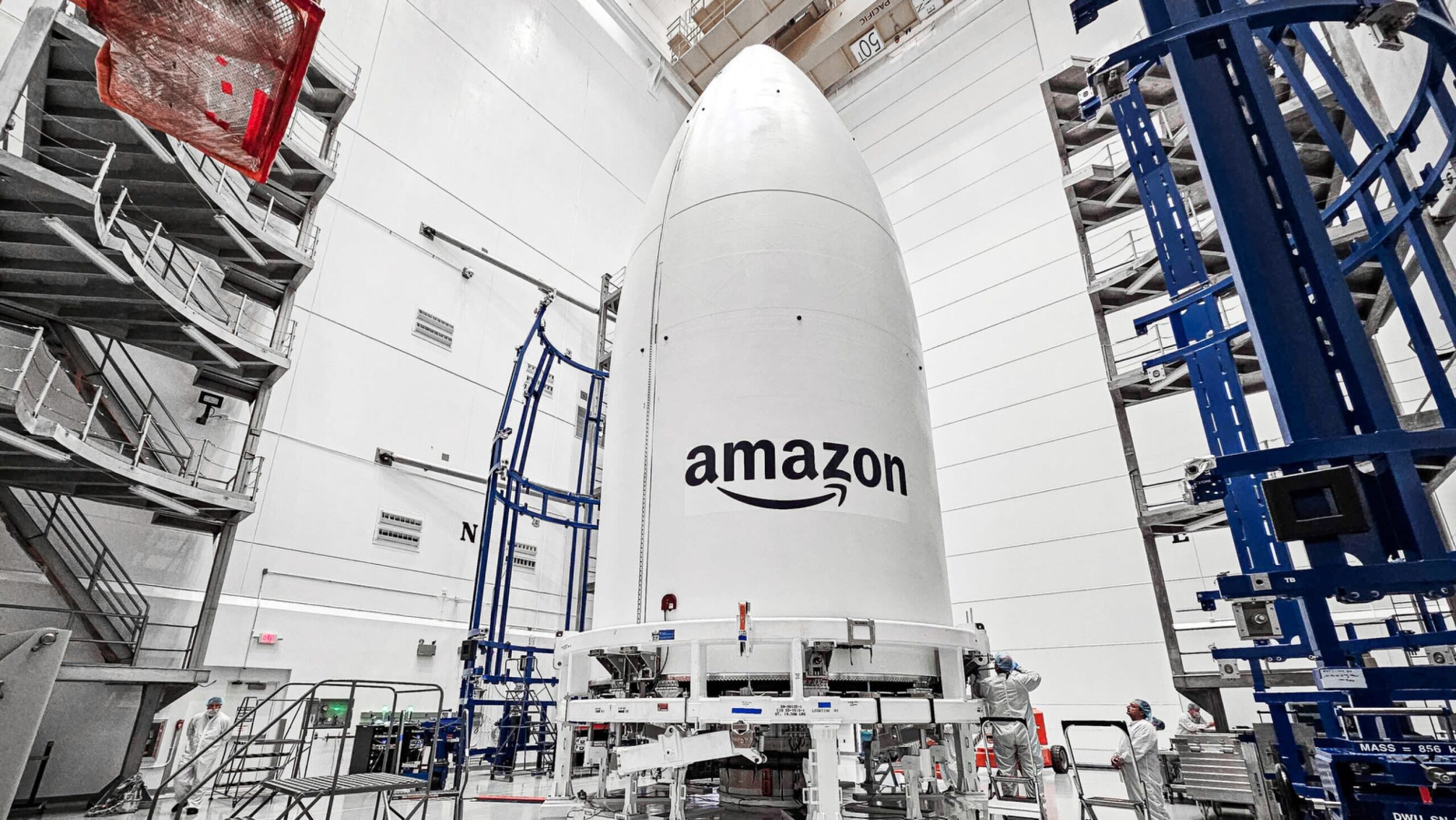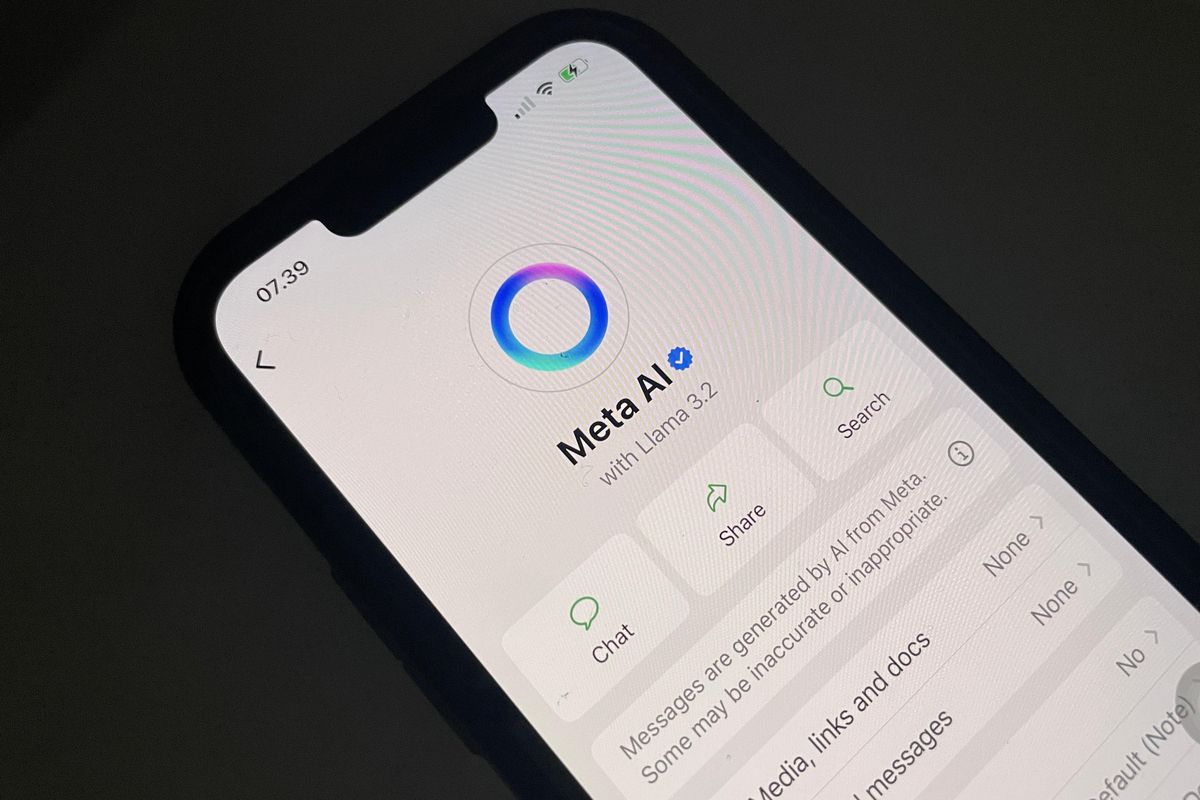Google Cloud is intensifying its efforts against Microsoft’s cloud licensing practices, vowing to explore all options to combat what it sees as anti-competitive behavior in the cloud market. This development comes after Microsoft recently settled an antitrust complaint with CISPE, a European trade body, regarding its cloud licensing practices.
Amit Zavery, head of Google Cloud, revealed the company’s stance during a press conference in Brussels, stating that Google remains unconvinced by Microsoft’s settlement and will continue its fight.
Key Points:
- Ongoing Investigation: Zavery emphasized that numerous regulatory bodies are currently investigating Microsoft’s licensing tactics. He expressed optimism that these inquiries will result in solutions to curb what Google perceives as Microsoft’s anti-competitive behavior in the cloud market.
- Multiple Avenues: Google Cloud is determined to explore all available options to challenge Microsoft’s practices. While Zavery did not specify the exact actions Google will take, he hinted at legal and regulatory avenues.
- Focus on Europe: Although Google’s concerns extend globally, its current focus is on Europe. The company believes that Microsoft’s licensing practices disproportionately affect European businesses and consumers.
- Anti-competitive Concerns: Google Cloud contends that Microsoft’s licensing practices stifle competition and innovation in the cloud market. It argues that these practices make it difficult for other cloud providers to compete fairly, ultimately harming consumers and businesses.
Google Cloud’s Perspective:
Google Cloud argues that Microsoft’s licensing practices are designed to lock customers into its ecosystem, making it difficult for them to switch to other cloud providers. This lock-in, according to Google, limits customer choice, increases costs, and hinders innovation.
The company also claims that Microsoft leverages its dominant position in the operating system and productivity software markets to gain an unfair advantage in the cloud market.
Microsoft’s Response:
Microsoft has defended its licensing practices, asserting that they are fair and comply with all applicable laws and regulations. The company maintains that its practices are designed to provide customers with flexibility and choice.
Following the settlement with CISPE, Microsoft made changes to its licensing terms in Europe. However, Google argues that these changes are insufficient and do not address the core issues of anti-competitive behavior.
What’s Next?
The battle between Google Cloud and Microsoft is expected to intensify in the coming months. Both companies are investing heavily in the cloud market, which is projected to grow significantly in the coming years.
The outcome of this conflict could have significant implications for the future of the cloud industry, impacting competition, innovation, and consumer choice.









